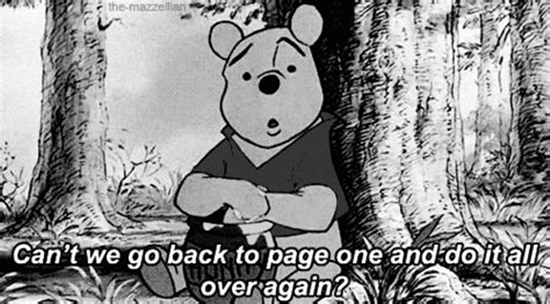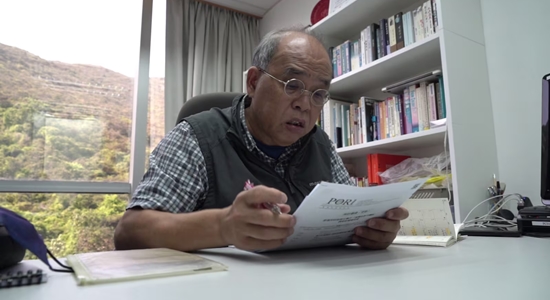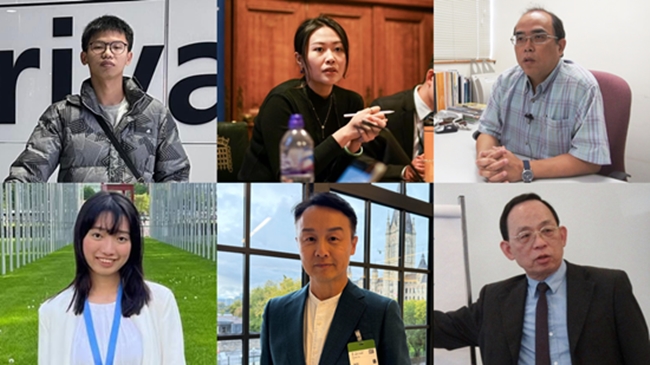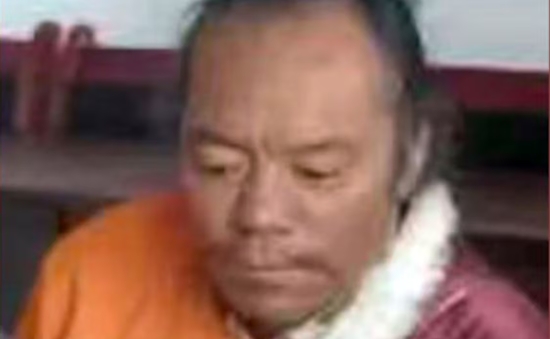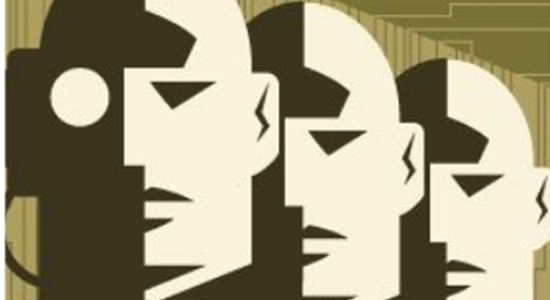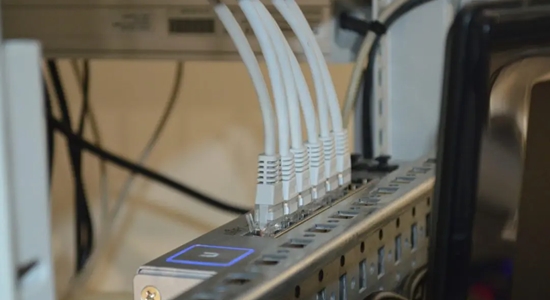
Vietnam may be one of the countries subjected to Chinese bullying in and around the South China Sea. But the Vietnamese government and the Chinese government are still buddies in a way—partners in crime—soulmates when it comes to such elements of autocracy as repression of speech. And repression of gaming.
This affinity is manifested by the Vietnamese government’s implementation, just in time for Christmas, of a Chinese-style assault on Internet speech and Internet anonymity (“Vietnam’s new internet law sparks backlash,” Digital Marketing News, December 25, 2024).
Vietnam’s new internet regulations, set to take effect on December 25…require social media users on platforms like Facebook and TikTok to verify their identities, while tech companies operating in Vietnam must store user data, provide it to authorities upon request, and remove content deemed “illegal” by the government within 24 hours. Decree 147 builds upon the controversial 2018 cybersecurity law, which faced sharp criticism from the US, EU, and internet freedom advocates for mimicking China’s repressive internet censorship….
[Tech giants and] all “foreign organizations, enterprises, and individuals,” must verify users’ accounts via phone numbers or Vietnamese identification numbers and store that information alongside their full name and date of birth. They are required to provide this data to the MIC [ministry of information and communications] or the ministry of public security upon demand.
The restrictions also apply to online gaming. Game publishers are now supposed to enforce a limit of no more than one hour per gaming session and no more than three hours of gaming per player per day. “To prevent addiction.”
This too is right out of the Chinese Communist Party’s playbook. In Vietnam as in China, many parents will no doubt be relieved that the government is now putting a lid on their kids’ gaming so that they don’t have to. In exchange, parents and kids need only give up still more of their liberty and self-responsibility.
Whatever inspired the details, the latest developments are par for Vietnam, whose “hardline administration is known for swiftly stamping out dissent and arresting critics, particularly those who gain a following on social media.”
Tool of suppression
The new edicts are bad for critics, critics argue. Patricia Gossman, associate Asia director for Human Rights Watch, says: “Because the Vietnamese police treat any criticism of the Communist Party of Vietnam as a national security matter, this decree will provide them with yet another tool to suppress dissent.”
Vietnamese blogger and rights activist Nguyễn Hoàng Vi says that Decree 147 “may encourage self-censorship….”
